Probiotics & Prebiotics for Dogs with Sensitive Stomach
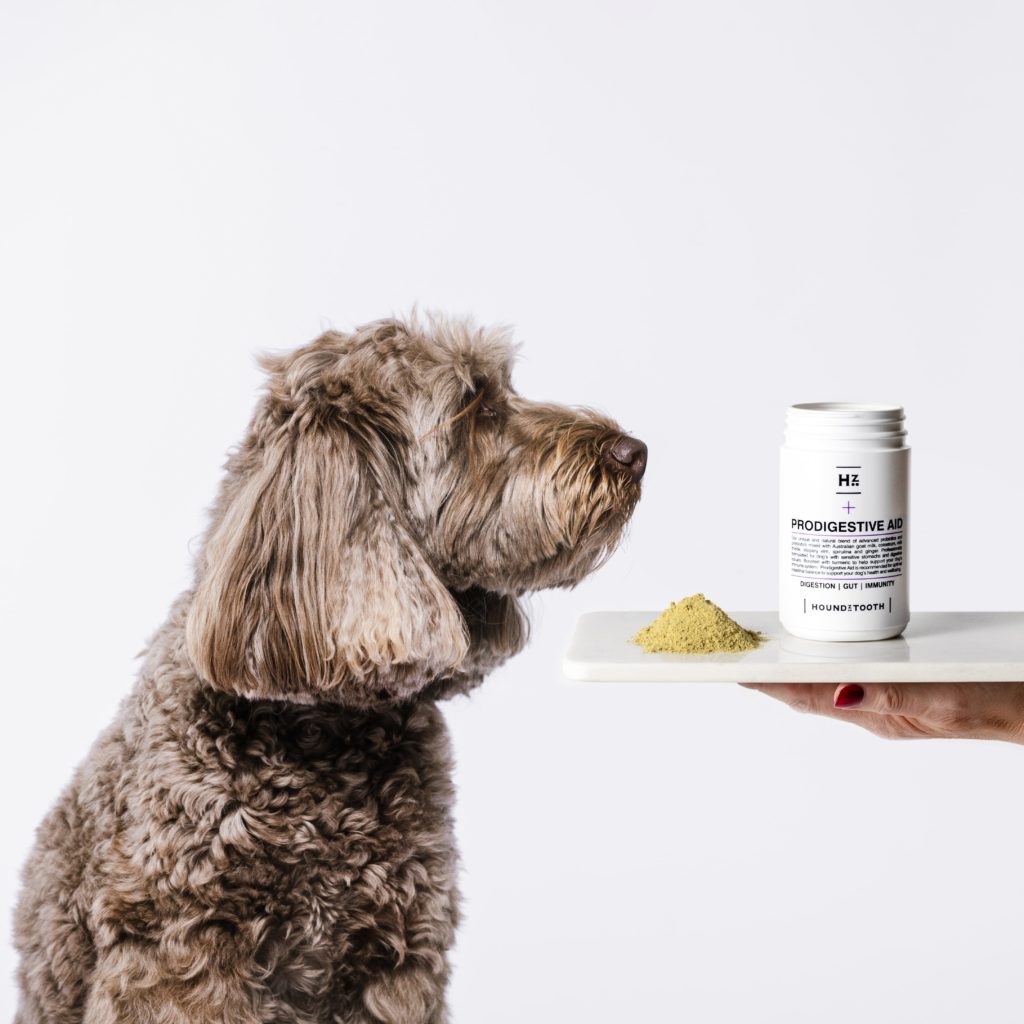
Did you know that gastrointestinal or stomach sensitivities are one of the most common health problems for dogs after skin diseases? Like human beings, dogs can become sensitive to a particular food or certain food ingredients, causing stomach upset. Most dogs’ gut consists of good bacteria that assist in digestion and breaking down of ingested food particles. When there are insufficient numbers of good bacteria, the harmful bacteria can overwhelm the good microorganisms causing stomach problems. The remedy to this problem is probiotic and prebiotics for dogs.
1. What is a probiotic?
A probiotic is a formula that consists of living stomach-friendly bacteria, usually found in the body’s digestive tract and parts. Probiotics exist to help prevent gastrointestinal tract (GIT) problems, restore a good amount of beneficial bacteria, and improve the immune system after being negatively affected by infections, antibiotics treatment, diseases, and other stressors. Other benefits of dog probiotics are that; may help to reduce flatulence and diarrhoea, and improve sensitive stomachs.
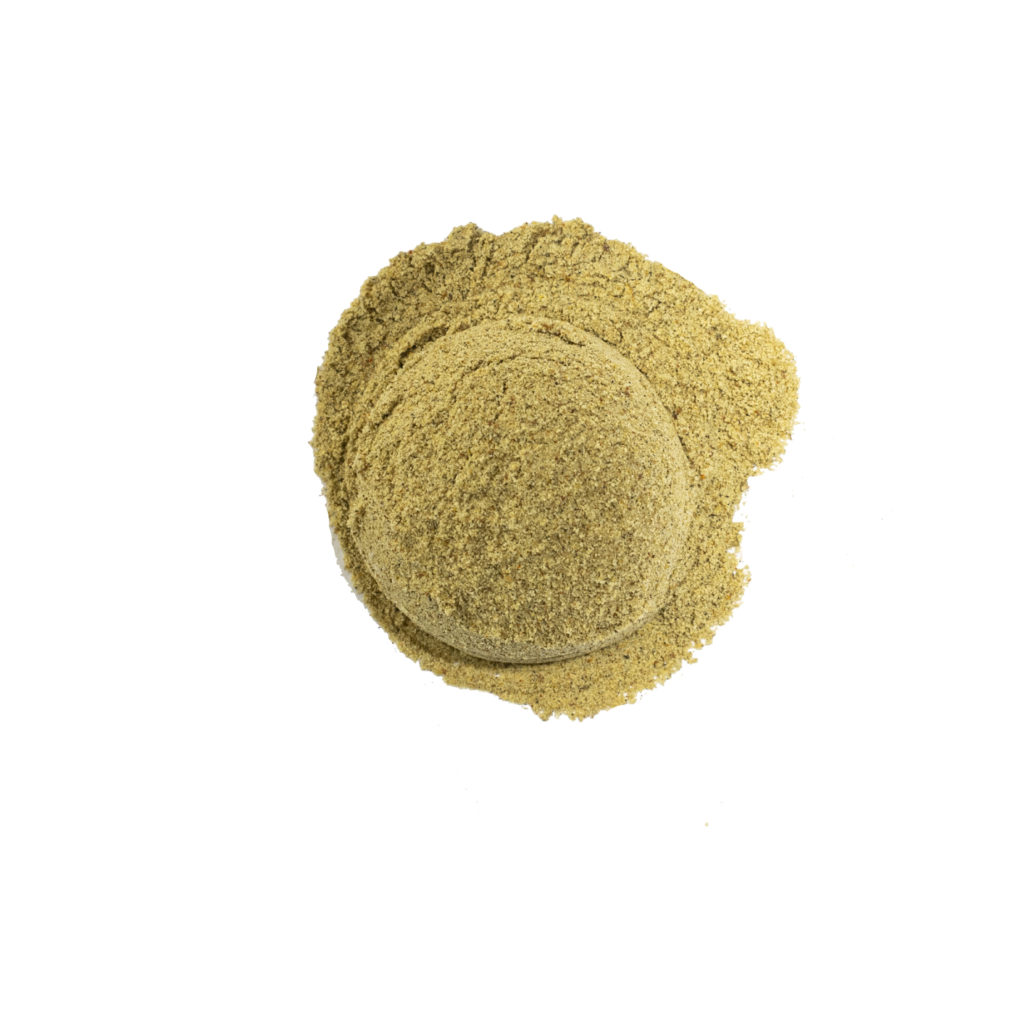
Prebiotics come from food ingredients (mostly fibre) that dogs cannot ingest. They can provide certain good bacterial species in the dog’s gastrointestinal tract. Getting the right probiotic is the best solution to your dogs’ stomach sensitivity problems. Our Pre-Pro Biotic blend contains the best probiotics and prebiotics available for your dog.
Prodigestive Aid
Prodigestive Aid is a professionally formulated probiotic and prebiotic mix that comprises natural and gut-friendly ingredients that may help with your dog’s sensitive stomach, digestive disorders and improve overall gut health.
There are many different strains of probiotics and prebiotics contained in the Houndztooth Prodigestive Aid, formulated to target specific health concerns in dogs. These include:

Prodigestive Aid Probiotic
Australian Goat Milk
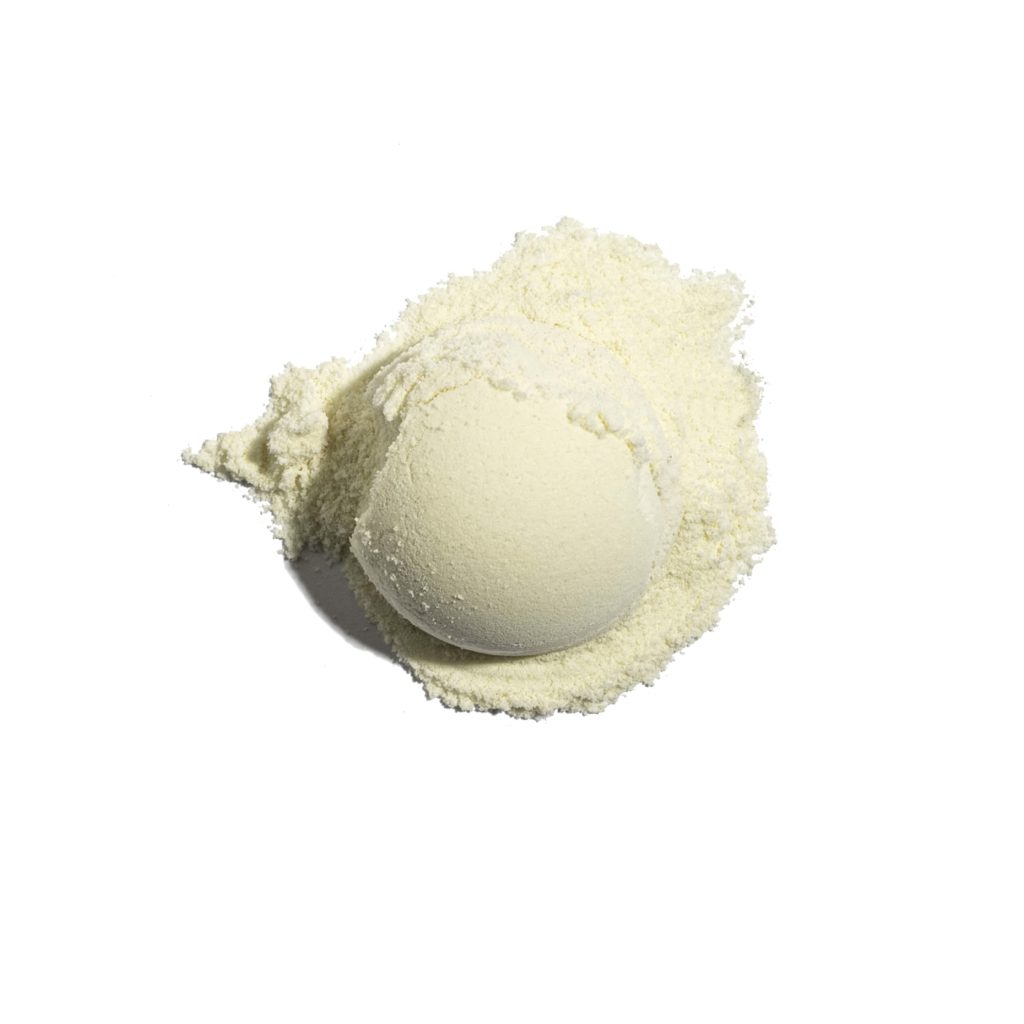
Australian Goat Milk is popularly known for its nourishing, soothing, and gentle qualities. a gentle digestive aid packed with probiotics, vitamins, minerals, protein, fatty acids and electrolytes to boost their gut health and support growth.
Bacillus Subtilis Probiotic
This strain may help to improve your dog’s immune system. It produces IgA (Immunoglobulin A), an antibody that plays a crucial role in the immune function of mucous membranes.
It also produces Vitamin K (which controls the binding of calcium in bones and other tissues). It can also assist in minimising or treating urinary tract infections in dogs.
Bifidobacterium Bifidum Probiotic
Bifidobacterium produces lactic acid and lives in the colon of your dog. It focuses on immune cells and regulating harmful bacteria to support your dog’s immune system. The Bifidum strain can also assist with IBS or constipation and certain kinds of diarrhoea.
Bovine Colostrum
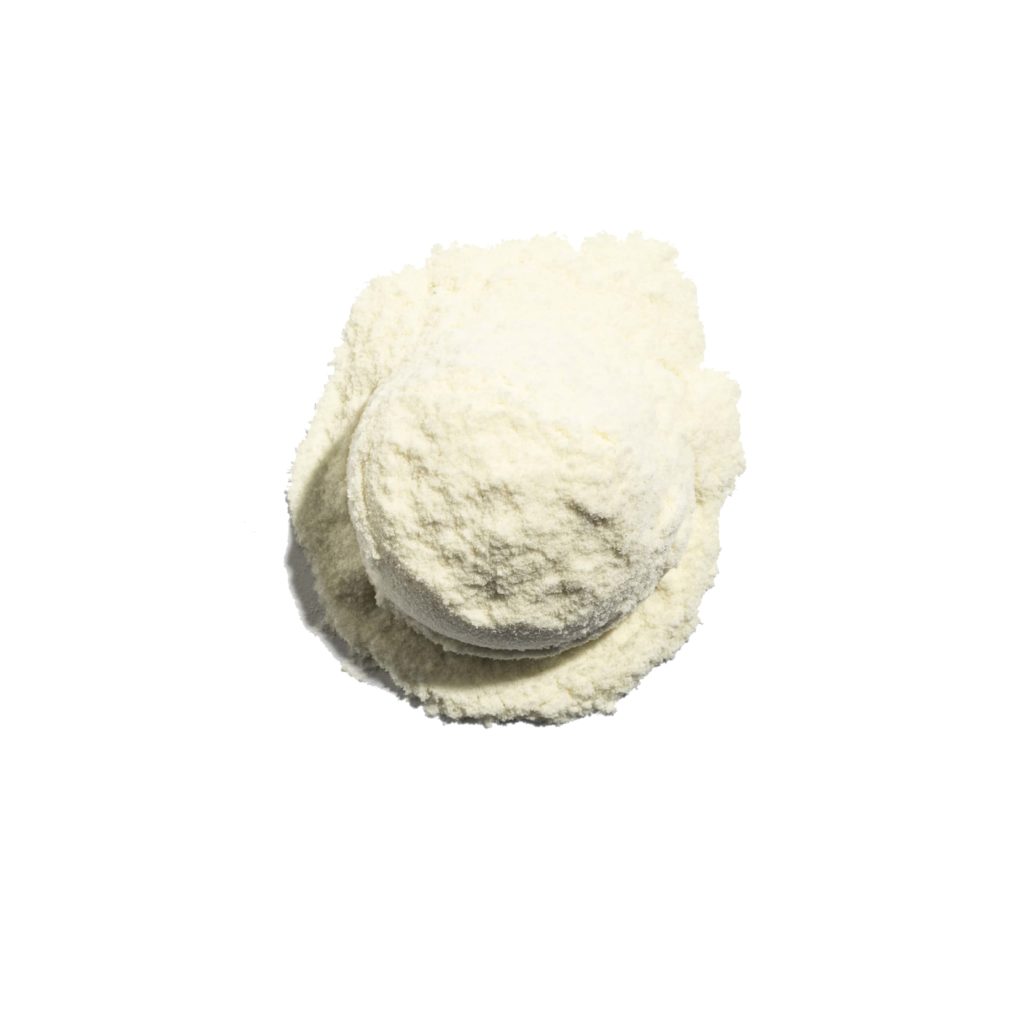
Bovine Colostrum is derived from the first mother’s milk, and it is full of nutrients required during the early stages of a newborn’s life. It is highly effective in helping to improve a dog’s stomach problems, restores the harm caused by leaky gut, and may reduce diarrhoea.
Fructo-Oligosaccharide Prebiotic
Fructo-Oligosaccharides are plant sugars naturally derived from a wide variety of mainly fruits and vegetables.
Since dogs’ diets are primarily meat based, which don’t contain many (or sometimes any) prebiotic oligosaccharides, they help to carry them to your dog’s large intestine where it is needed.
In addition to improving digestibility of food, they also encourage the growth of ‘good bacteria’ in the large intestine and overall gastro-intestinal health in dogs.
Ginger
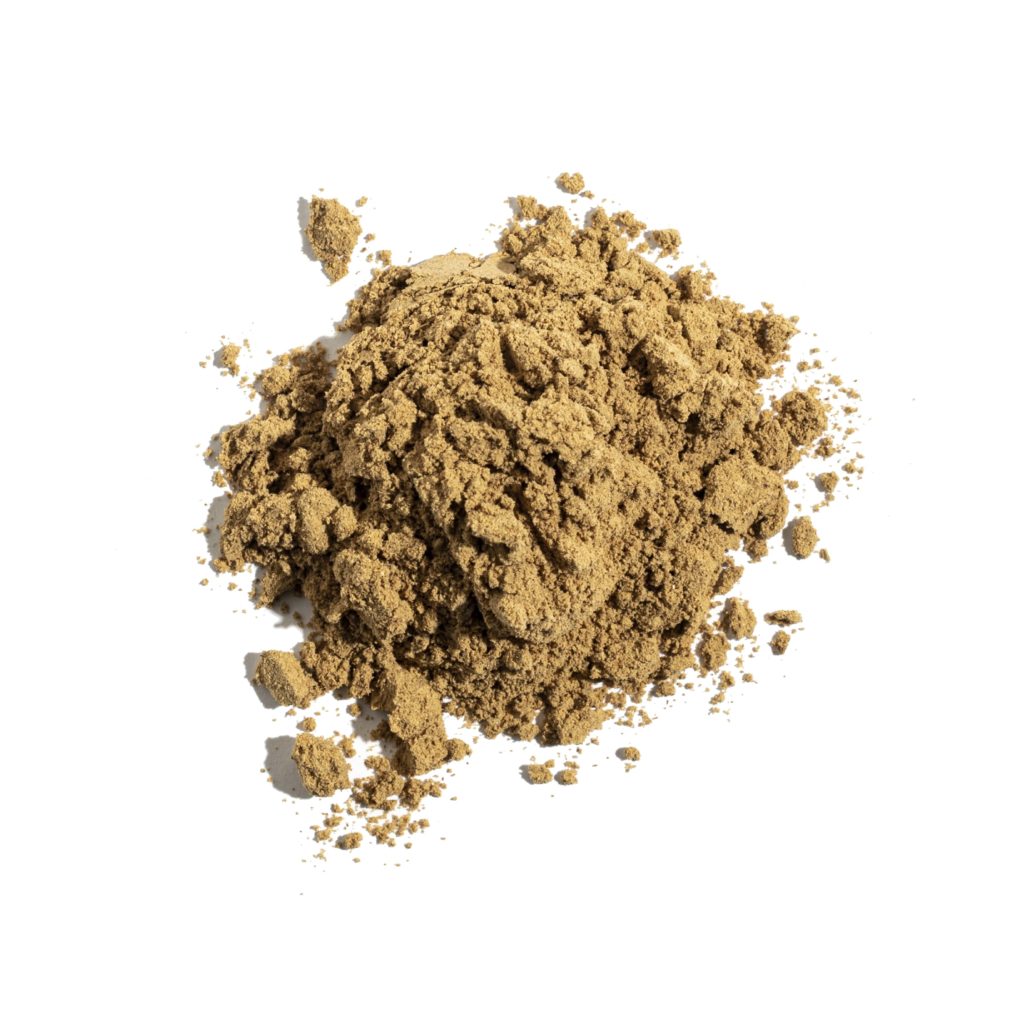
A natural anti-inflammatory that helps to settle an upset stomach, reduce nausea and improve digestion.
Inulin Prebiotic
Inulin feeds the good bacteria in the gut and helps improve the digestive health of pets by promoting beneficial changes in the microbiome (bacteria etc. that live on and in the body).
Lactobacillus
Including Lactobacillus Acidophilus Probiotic, Lactobacillus Reuteri Probiotic and Lactobacillus Sporogenes Probiotic
These are concerned with converting sugars like lactose into lactic acid and preventing harmful bacteria from growing in your dog’s intestine.
They also assist with bowels and can also reduce diarrhea in dogs and improve stool quality.
Milk Thistle
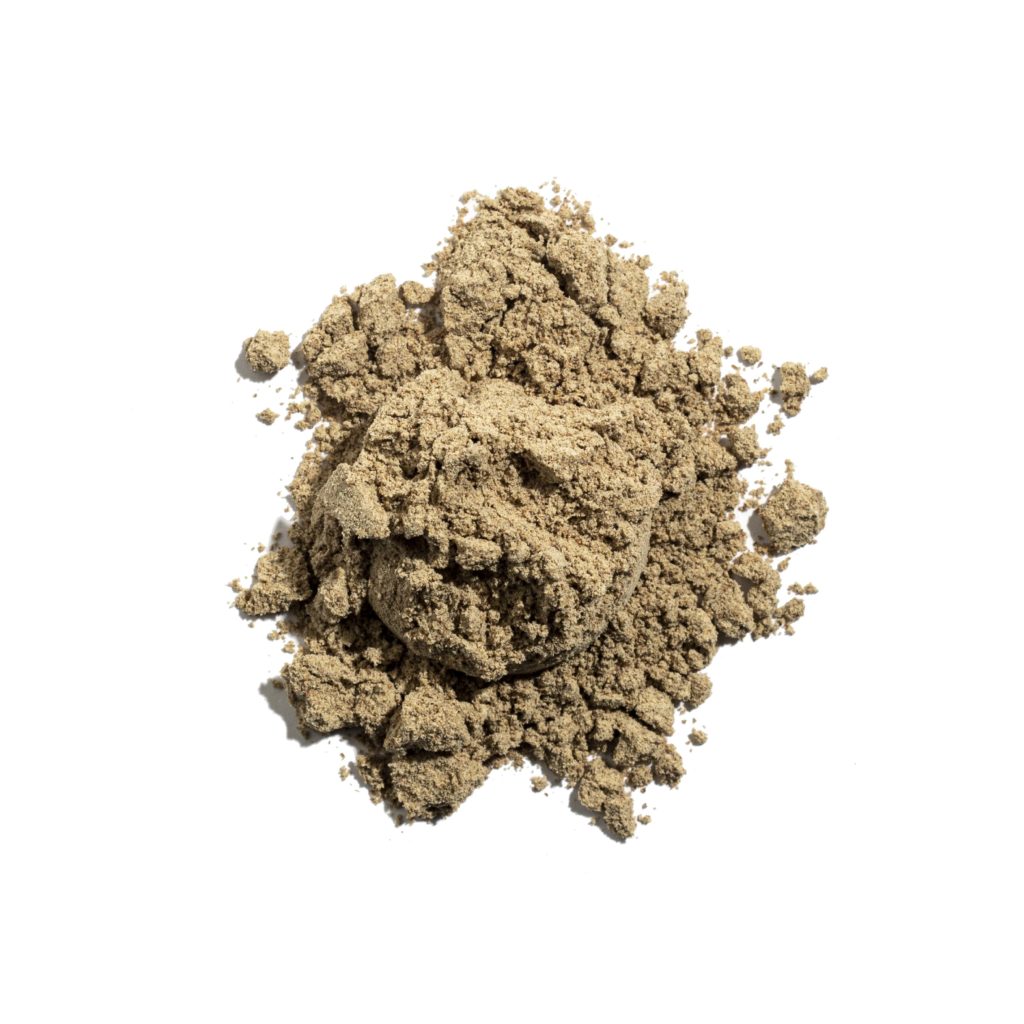
Milk thistle is well known for treating liver problems. It may benefit your dog’s liver and help with the detoxification process.
Slippery Elm
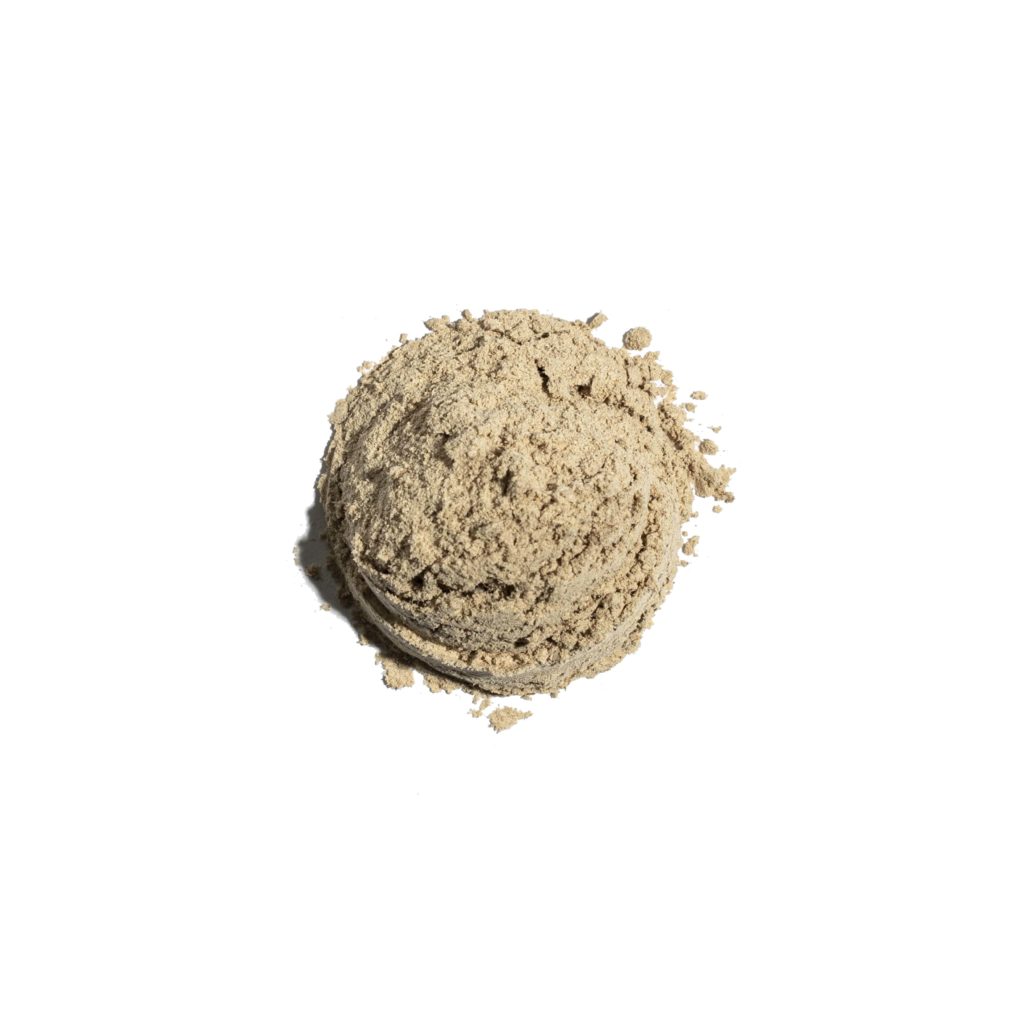
Slippery Elm helps your dog’s digestive system to help eliminate waste, reduce inflammation in the gut, solidify stool to prevent diarrhoea.
It works by coating and lubricating the inner stomach linings, protecting it from inflammation and irritations caused by grass, food, or any other object ingested by the dog. It also offers soothing qualities, improves body systems, has antioxidant abilities, and offers a constricting, binding, and drying effect.
Spirulina
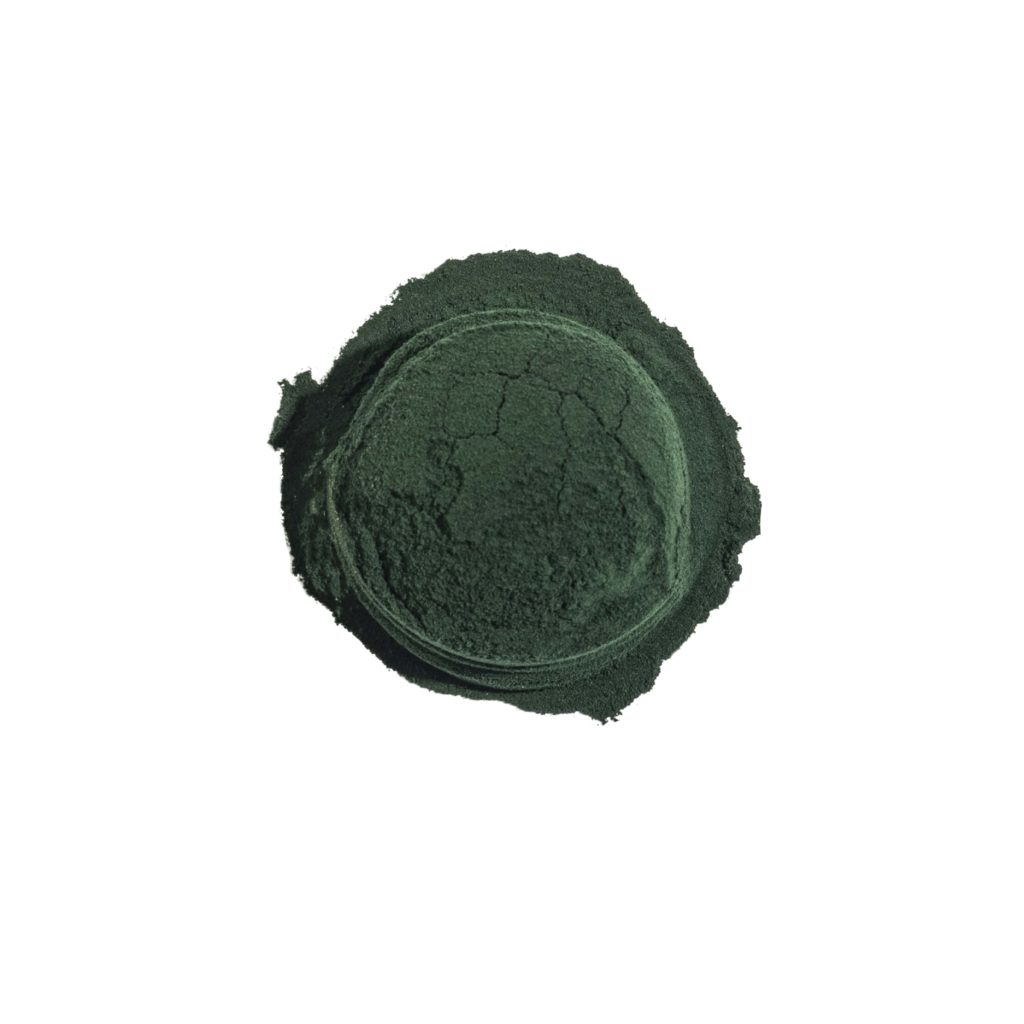
This ingredient is a rich source of fatty acid, essential in keeping the skin balanced and healthy. It also improves the dogs’ immunity and is useful in the detoxification process.
Turmeric
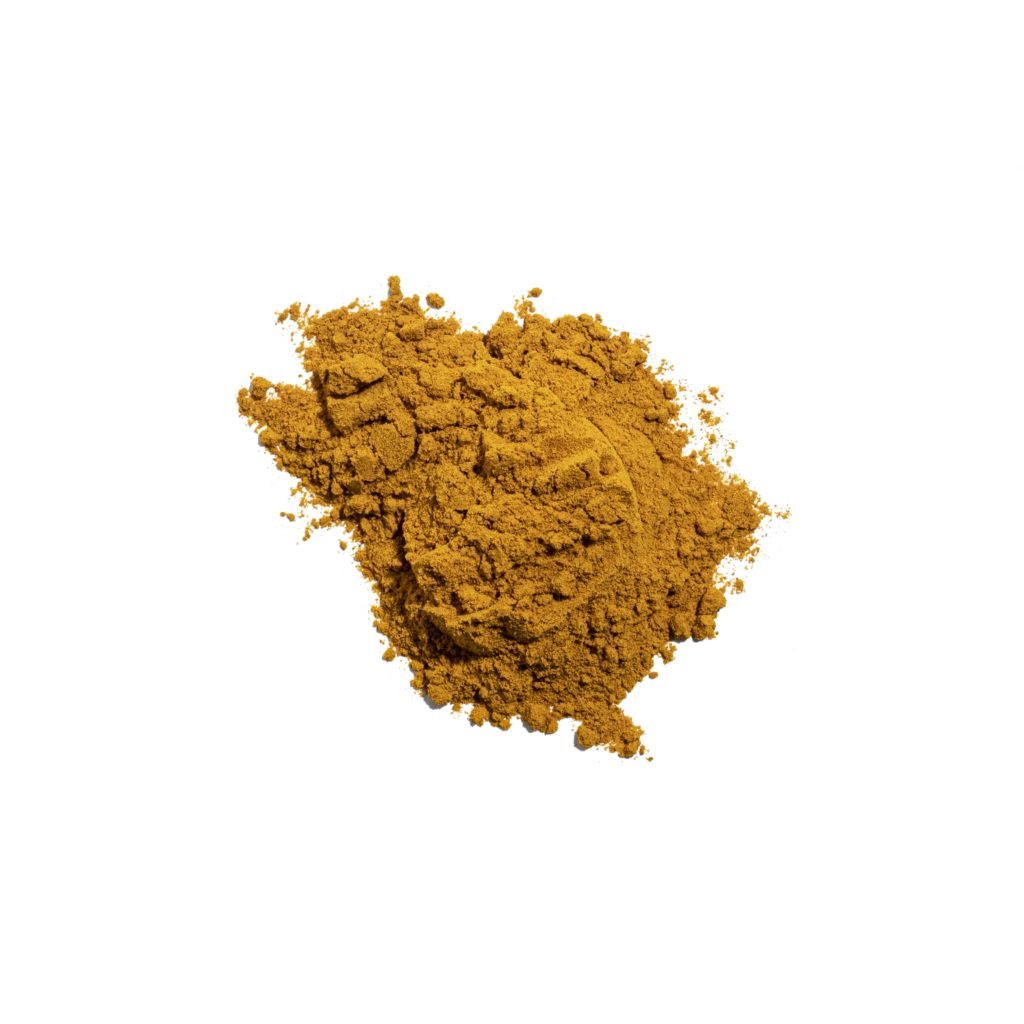
Turmeric contains powerful anti-inflammatory properties to help manage gut inflammation.
Puppy Probiotics & Prebiotics
Puppies deserve the best start in life. Our Puppy Probiotic helps to enhance your puppy’s immune system and health. Professionally formulated from a mixture of natural ingredients, including probiotics, prebiotics, goat milk, slippery elm, antioxidants and ginger.
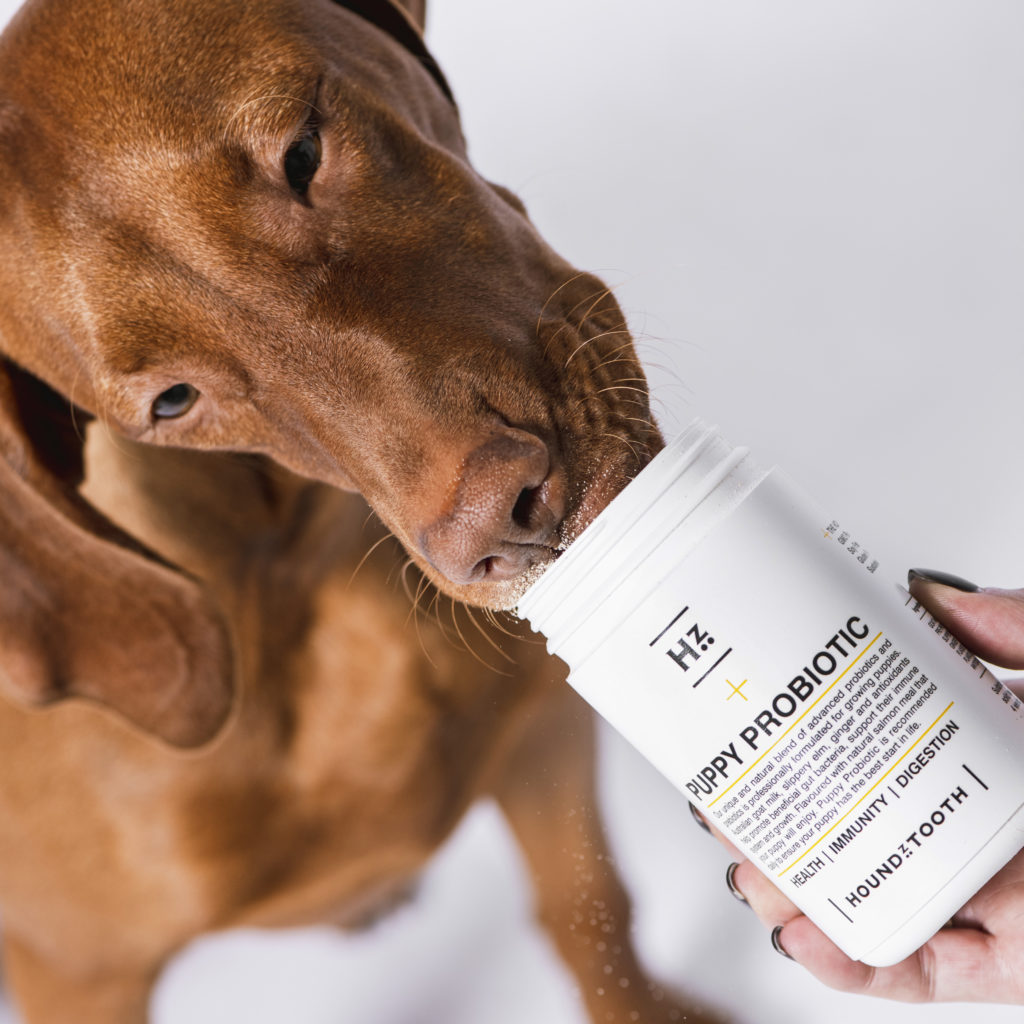
Our Puppy Probiotic includes Australian goat milk to help boost the puppy’s digestion process and general health. It is also rich in vitamins, fatty acids, protein, minerals, probiotics, and electrolytes.
The slippery elm also plays a significant role in improving the puppy’s digestion and helps minimise gut inflammation.
Ginger is an essential ingredient that helps prevent stomach inflammation, minimises nausea, stops stomach upsets, and boosts digestion.
Hemp Seed Oil
This product is derived from pure, human-grade Australian hemp seed oil. It is the best product for your dog’s skin and optimal health. It is full of antioxidants and is a natural source of Omega 3, Omega 6, and 9. Other benefits of this product include; reduced inflammation reduced anxiety, and minimises stomach problems.
We always recommend discussing with your vet prior to use and seeking veterinary advice if your dog is suffering from symptoms such as severe diarrhoea, constipation, drooling or vomiting.

Hemp Seed Oil
2. How to Use a Pet Probiotics for dogs
Prodigestive Aid should be given daily and mixed well with your dog’s wet or dry food. Suitable for all dogs over the age of 12 weeks.
The dose will vary based on the size and weight of your dog:
1-5kg dog: 1/4tsp daily
6-20kg dog: 1/2tsp daily
21-40kg dog: 1tsp daily
Dogs over 40kg: 2tsp daily
We recommend consulting with your vet prior to use.
If you’d like to learn more about Prodigestive Aid, click here.
